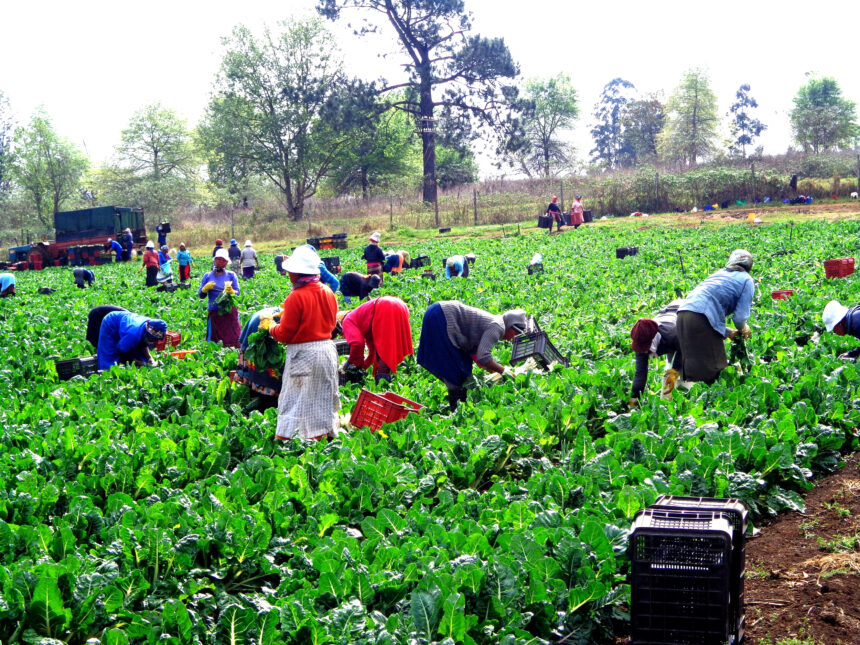The national resettlement criteria, whose revision is almost complete and will soon be implemented, aims to prioritise the plight of generational farmworkers, address overcrowding in resettlement farms, and the overall productivity of government farms.
The indispensable piece of policy development within the overall reviewed National Resettlement Policy, is being tailored in such a way that land is allocated to satisfy a “needs-based redistribution”.
Speaking at yesterday’s national validation workshop, agriculture minister Calle Schlettwein touched on the sensitivity and importance of formulating and implementing a more equitable national resettlement policy.
“As a nation, we are developing a set of new criteria because we have collective key priorities for target-driven land redistribution, which ensures that land is allocated transparently along the policy guidelines we have agreed upon collectively.
“So, land redistribution is a high priority – and yes, it is sensitive to all Namibians. The overall objective of our land reform remains to correct the injustices of the past colonial regimes, both the German and South African Apartheid regimes.
“To achieve those aspirations, these criteria are developed in such a way that land is allocated to satisfy a needs-based redistribution,” stated the minister.
The reviewed resettlement criteria will follow a 70:30 ratio, and will be anchored around three needs-based land allocation methods, which will see 70% of resettlement beneficiaries originating from the region wherein the land to be resettled is located.
The remaining 30% will be disadvantaged Namibians from elsewhere.
Needs-based
Schlettwein noted that “once the criteria are finalised and adopted, the ministry will move to implement the allocation as per the three proposed models, which are the High Economic Value Model (large-scale farming), Moderate Economic Value Model (medium-scale farming) and Low Economic Value Model (Social Welfare Economic Value Model). These models will serve as a guiding tool in allocating land to Namibians in accordance with their various land needs and demand. Our view is to ensure people of different categories are all catered for in a balanced manner”.
He added: “Unintentionally, farmworkers who had worked on farms acquired for resettlement are always left homeless, and they need to be accommodated. A programme for generational farmworkers is to do that. Furthermore, group settlements are also causing congestion on farms, and consequently renders those farms unproductive.
“Unfortunately, poverty is perpetuated in both cases. We will also reach out to persons living in corridors, and unemployed youth. The Resettlement Policy before the review had some shortcomings that are now being addressed through the revised national resettlement criteria,” he stated.
Productivity
The minister yesterday emphasised the need for resettled farmers to turn their land into productive enterprises, contribute to food security, and ensure self-substance.
“Productivity of land on which resettlement occur is a big priority. Resettlement must result in decent livelihoods for the resettled persons, not into poverty. The criteria, therefore, must ensure that the land remains or gains productivity. Once that is assured, the final step of restoring ownership can be taken by facilitating freehold titles to resettled persons…,” he stated.
“Many of us here today lived and/or have experienced colonial subjugation in one way or another, which brought about skewed land distribution that my ministry is determined to correct until balanced land redistribution is achieved. It is for this reason that land reform is a high priority in Namibia’s policy landscape. It is our contention, however, that high priorities must not only be talked about, but they must also be appropriately resourced,”
Schlettwein pointed out.
-ohembapu@nepc.com.na



